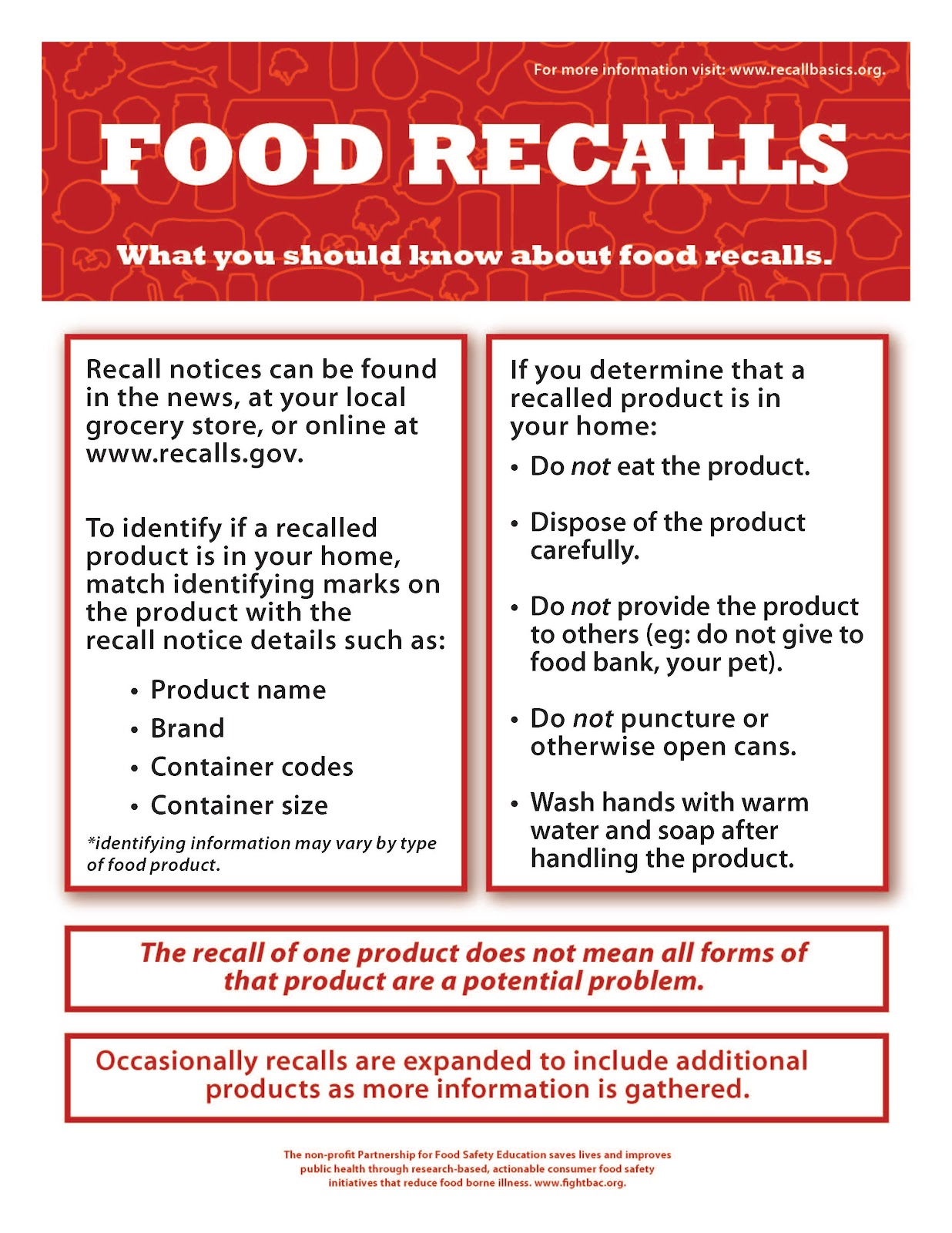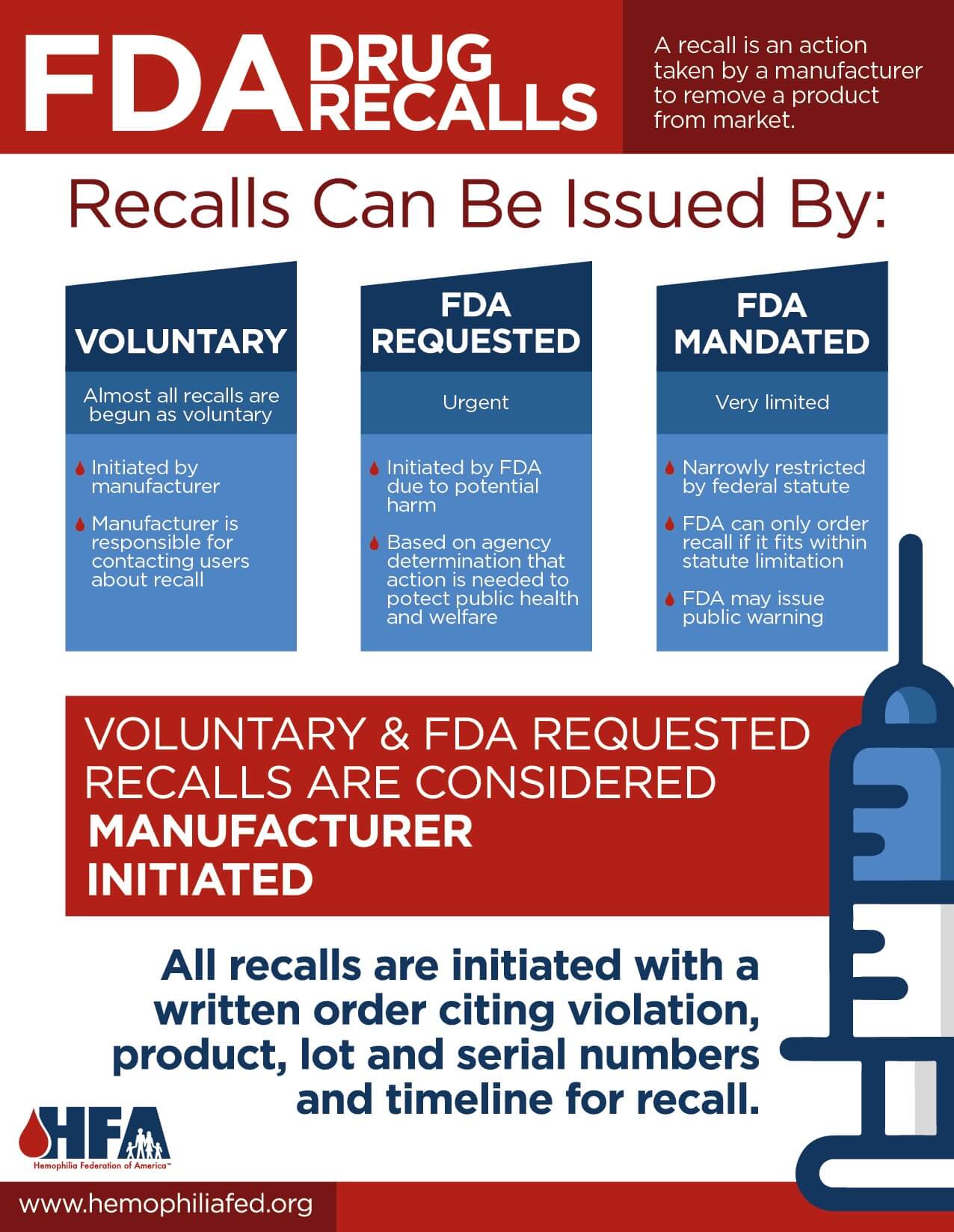Are food recalls becoming more frequent and should consumers be increasingly concerned? A bold statement is necessary to capture the attention of readers: food safety remains one of the most critical public health issues in modern society. The growing frequency of food recalls across the United States, particularly in states like Texas, Washington, and beyond, highlights an alarming trend that demands immediate attention from both regulators and consumers alike.
In recent years, numerous companies have issued recalls for products ranging from cucumbers to dark chocolate-covered macadamias due to potential contamination with harmful pathogens such as Salmonella or Listeria. For instance, Dairyland Produce, LLC, and Hardie’s Fresh Foods recently recalled their Cucumber Select 6 CT product over concerns about possible Salmonella contamination. Similarly, Mauna Loa’s Dark Chocolate Covered Macadamias were pulled from shelves after discovering traces of undeclared allergens. These incidents underscore a broader issue within the food supply chain—a rise in recalls linked not only to microbial contamination but also to labeling errors involving allergens.
| Name | Dairyland Produce, LLC & Hardie’s Fresh Foods |
|---|---|
| Location | Texas |
| Industry | Fresh Produce |
| Products Involved | Cucumber Select 6 CT |
| Reason for Recall | Possible Salmonella Contamination |
| Date of Recall | April 2025 |
| Regulatory Body | U.S. Department of Agriculture (USDA) |
| Reference Website | FDA Official Site |
Data compiled by the Economic Research Service (ERS) reveals a troubling pattern over the past decade. Between 2004 and 2013, food product recalls surged significantly, with recalls attributed to undeclared allergens nearly doubling during this period. This upward trajectory suggests that while advancements in technology and stricter regulations aim to enhance food safety, challenges persist in ensuring compliance across all stages of production, distribution, and retail.
Washington State has similarly experienced its share of food-related alerts. Recent examples include the recall of Lettieri’s French Toast and Beijing Soybean Paste due to contamination risks. Such occurrences reflect systemic vulnerabilities where even seemingly innocuous items can pose serious threats if improperly handled or mislabeled. Moreover, these events emphasize the importance of vigilance on behalf of manufacturers, distributors, and end-users.
The Food Safety and Inspection Service (FSIS), part of the U.S. Department of Agriculture (USDA), plays a pivotal role in addressing these concerns by issuing recalls specifically targeting meat, poultry, and egg products. However, the scope of food safety extends far beyond these categories, encompassing virtually every edible item available in grocery stores nationwide. As listeria continues to thrive in cool, moist environments commonly found in food processing facilities, preventing contamination becomes increasingly complex.
Globally, countries like Australia are also grappling with similar challenges. Australian Food Standards New Zealand reported an update concerning ALDI Stores’ World Kitchen Energise High Protein Chicken Pesto Pasta, which was recalled due to the unexpected presence of allergenic components. This international dimension underscores the interconnected nature of global trade networks and how localized problems can escalate into widespread crises without proper oversight mechanisms in place.
Consumers must remain informed about ongoing developments in food safety protocols and actively monitor official channels such as Recalls.gov, which serves as a centralized hub for information regarding recalls spanning multiple federal agencies. By staying abreast of emerging trends and understanding the underlying causes behind increasing recall frequencies, individuals can better protect themselves and their families against preventable illnesses caused by unsafe food products.
Ultimately, achieving comprehensive food safety requires collaboration among stakeholders at every level—from producers adhering to rigorous standards to regulators enforcing accountability measures effectively. Only through sustained commitment and innovation can we hope to mitigate the risks associated with contaminated or improperly labeled foods and restore consumer confidence in what they consume daily.
| Product Name | Recall Date | Reason | Affected Region |
|---|---|---|---|
| Mauna Loa Dark Chocolate Covered Macadamias | April 26, 2025 | Undeclared Allergens | Washington State |
| Beijing Soybean Paste | April 11, 2025 | Potential Contamination | Washington State |
| Lettieri’s French Toast | March 18, 2025 | Bacterial Growth Risk | Washington State |
| World Kitchen Energise High Protein Chicken Pesto Pasta | January 15, 2025 | Allergen Presence | Australia |



